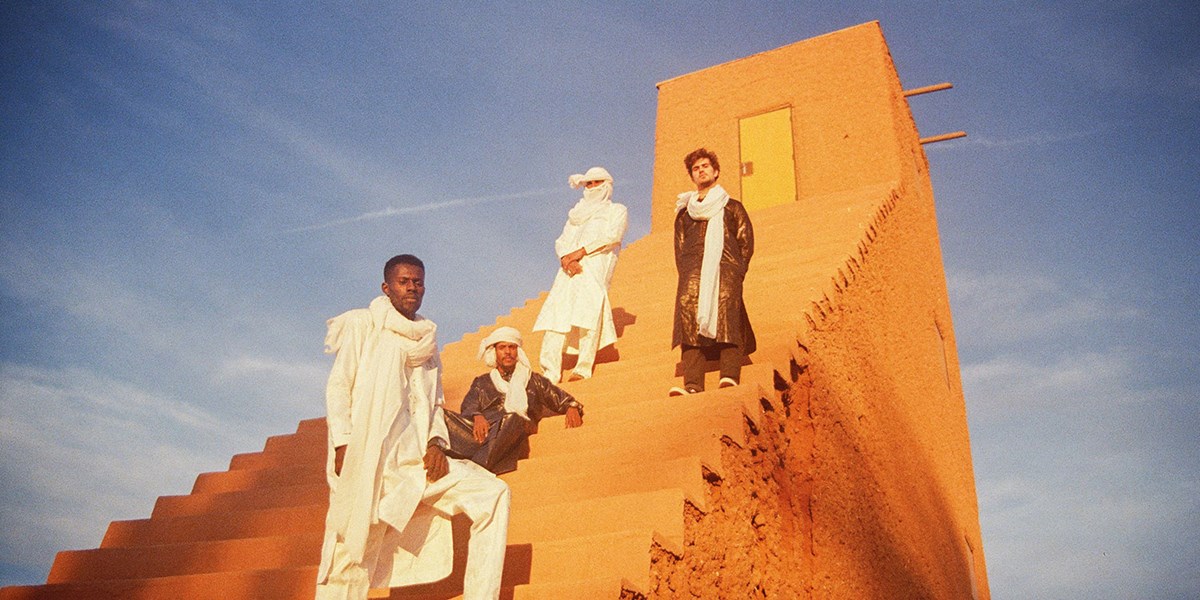Thursday, October 31, 2024
Mdou Moctar: Niger's desert rock resistance
Mdou Moctar has had a great year, with a new album and worldwide tour positioning him as a new breed of African guitar hero… but he’s not alone. Bombino and Etran de l’Aïr are two other electric guitar-heavy bands who are establishing Niger as the capital of ‘desert rock’


Register now to continue reading

Thanks for visiting the Songlines website, your guide to an extraordinary world of music and culture. Sign up for a free account now to enjoy:
- Free access to 2 subscriber-only articles and album reviews every month
- Unlimited access to our news and awards pages
- Our regular email newsletters

